Zen Master Thich Nhat Hanh, known as Thay by his followers, spends a lot of time talking about birth and death, being and not-being, and interbeing. The insight of interbeing is that nothing can exist by itself alone – everything has to inter-be with everything else.
He also talks about no birth and no death. He floats over the the white board and draws a horizontal line across the board. He labels the left side with “B,” and the right side with “D.” In our ignorance, with think that life begins at point “B” and ends at point “D.” In fact, our life begins before point “B” when we are in our mother’s womb, and even before that when she was in her mother’s womb. We also continue on after point “D.”
We are here because of the causes and conditions that gave rise to our whole line of ancestors, going back to the first humans who walked on Earth. We are here because life originated on this Earth four billion years ago. So our day of birth to our mother and our father is a “continuation day” – continuation of life on earth.
Thay says,
Everything that is has the nature not to be born and not to die. No birth and no death. Not to arrive and not to depart. No coming, no going. When the body arises, it arises; it does not come from anywhere. When the body ceases, it ceases; it does not go anywhere. The body is not nonexistent before it arises. The body is not existent after it arises. Left out: It’s not because of the manifestation of the body that you can perceive the body and you think that the body is. It’s not because you cannot perceive the body that you can qualify it as non-being. When conditions are sufficient there is a manifestation, and if you perceive that manifestation, you qualify it as being. If conditions are no longer sufficient, you cannot perceive it, and you qualify it as non-being. You are caught in these two notions. [Read More…]
 |
|
Live in Awareness | April 27, 2014 Although all phenomena are going through the various appearances of birth, abiding, changing, and dying, the true person doesn’t become a victim of sadness, happiness, love, or hate. She lives in awareness as an ordinary person, whether standing, walking, lying down, or sitting. —Thich Nhat Hanh, “Simply Stop”
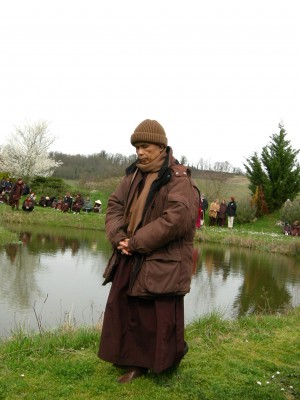 Thich Nhat Hann in Plum Villages 2006 ~ photo by Jerome Freedman
|
What are your thoughts about “birth, abiding, changing, and dying?” Are you an “ordinary person” according to Thay?


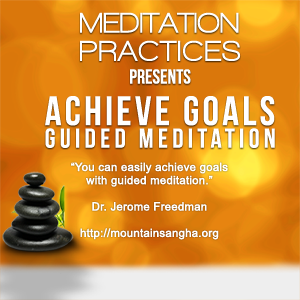

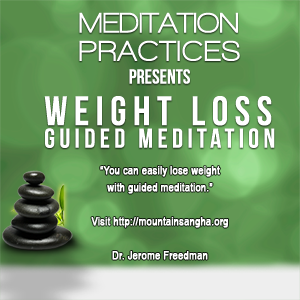
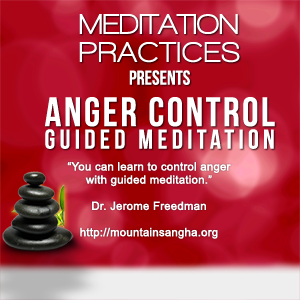
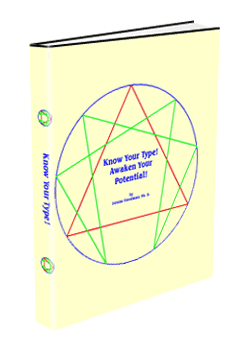


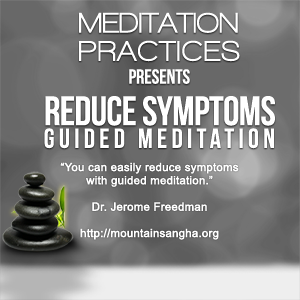


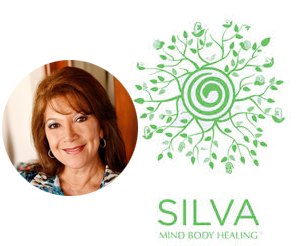
You must be logged in to post a comment.